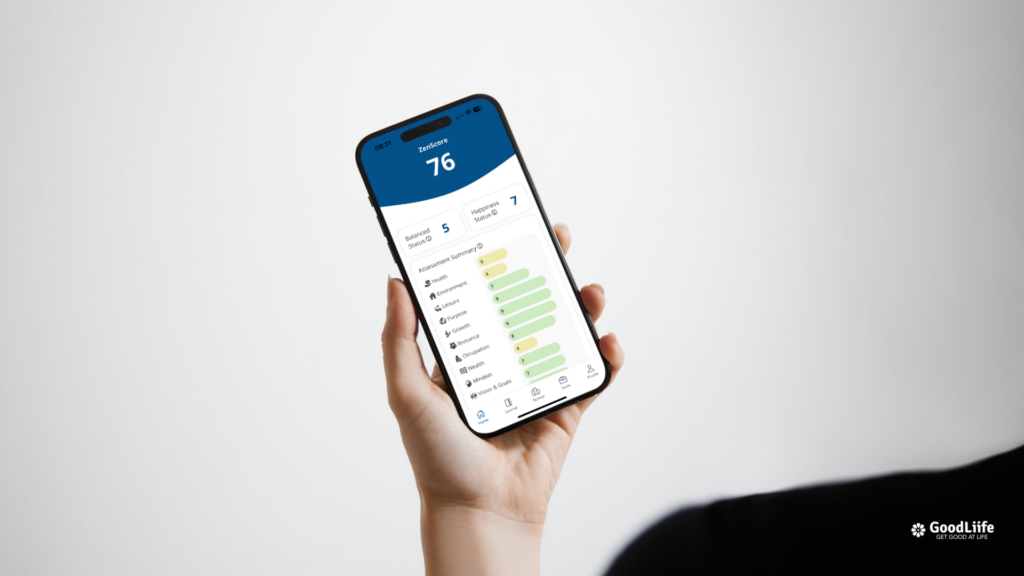As a life coach, your success is rooted in your ability to offer personalized, impactful guidance that meets the unique needs of each client. This requires a combination of expertise, experience, and the right set of tools to optimize your approach. Life coaching tools help streamline your processes, enhance client engagement, and ultimately improve the results your clients achieve. From time management to goal tracking and self-reflection, the tools you use can significantly shape the effectiveness of your coaching practice.
The Importance of Life Coaching Tools
Coaching tools can help structure your sessions and provide measurable insights into your clients’ progress. As life coaching has evolved, the integration of digital solutions and mobile apps has become crucial for providing real-time feedback, data-driven advice, and a seamless client experience. Incorporating tools like progress trackers, self-assessment questionnaires, and well-being surveys not only enhances client interaction but also helps you pinpoint areas of improvement, ensuring you’re always offering value.
These tools serve several functions:
- Time-saving: Automate administrative tasks such as scheduling, invoicing, and follow-up emails.
- Client engagement: Keep clients connected and accountable with goal tracking and personalized feedback.
- Data analysis: Track client progress through self-assessments and performance metrics, which can be valuable for adjusting coaching strategies.
- Customization: Tailor your approach to each client based on data and insights, creating personalized action plans.
Must-Have Tools for Life Coaches
The right tools can transform your practice by improving your efficiency and the quality of your client interactions. Here are some essential tools every life coach should consider:
Goal-Tracking Software
A good goal-tracking tool helps both coaches and clients set, track, and measure goals over time. These apps allow you to break down large goals into smaller, manageable tasks while tracking progress and making adjustments as needed. They provide a visual representation of success, which is motivational for clients and helps you provide concrete feedback.
Progress-Tracking Apps
Similar to goal-tracking tools, progress-tracking apps offer detailed insights into how clients are progressing toward their personal goals. These tools can include daily check-ins, mood logs, and performance assessments. Some apps even use algorithms to track improvements in areas like stress reduction, self-confidence, and well-being, which is valuable when it comes to holistic coaching.
Self-Assessment Tools
Self-assessment tools are essential for helping clients reflect on their personal growth. These tools can be questionnaires or surveys that ask clients to rate their own well-being, mindset, or progress in different areas of life. Insights from these assessments guide the coaching process by identifying strengths and areas for improvement, and they provide clients with a deeper sense of ownership over their growth.
Coaching Management Software
Coaching management platforms streamline client administration, such as scheduling, invoicing, and documentation. By centralizing all client data in one place, life coaches save time and reduce administrative stress. These tools also help you stay organized, making it easier to follow up with clients and keep track of their sessions and progress.
Communication and Collaboration Tools
Online collaboration platforms (e.g., Zoom, Skype, Slack) are indispensable for remote coaching. They enable seamless communication with clients, whether in one-on-one sessions, group coaching, or virtual check-ins. Some tools also offer integrated features like document sharing and task assignments, allowing for collaborative coaching that extends beyond the session.
Stress-Reduction and Mindfulness Tools
Life coaching often involves helping clients manage stress and develop mindfulness techniques. Tools like guided meditation apps, journaling platforms, and mental health trackers can be integrated into your practice to support clients in reducing stress, increasing self-awareness, and cultivating healthy habits.
The Role of Coaching Software
Coaching software plays a significant role in modern coaching practices. These software tools typically integrate various features such as session scheduling, client management, progress tracking, and communication in a single platform. By using coaching software, life coaches can offer a more professional and organized experience, which improves client satisfaction and retention.

For example, platforms like the GoodLiife Score App offer features such as self-diagnostics, progress assessments, and a balanced life scorecard, making it easier for life coaches to guide clients in managing their priorities and reducing stress. These tools are not only beneficial for tracking progress but also help in evaluating how clients feel about different aspects of their lives, allowing you to make data-driven adjustments to your coaching approach.
How the Right Tools Can Elevate Your Practice
Incorporating the right coaching tools into your practice goes beyond improving client engagement—it can fundamentally elevate your effectiveness as a coach. Here’s how:
Data-Driven Decisions
Using tools that provide actionable data allows you to make informed decisions. Whether it’s understanding how a client is progressing toward their goals or how they feel about their overall life balance, data-driven insights can guide your coaching approach and make your sessions more impactful.
Increased Client Accountability
When clients can see their progress in real time through tracking apps and assessments, it keeps them accountable. This visual progress can motivate clients to stay on track and work towards their goals between sessions. Tools also allow for easy reminders and follow-up actions to keep clients engaged.
Personalized Coaching
Tools that offer detailed insights allow you to customize your coaching for each client. Rather than applying a one-size-fits-all approach, you can create tailored plans based on the individual’s needs and preferences. This results in a more personalized and effective coaching experience.
Improved Client Outcomes
Ultimately, using the right tools can lead to improved client outcomes. By offering measurable insights, personalized plans, and a well-structured process, clients can make more tangible progress in their personal development. This not only leads to better results for clients but also boosts your reputation as an effective coach.
Conclusion
To thrive as a life coach, it’s essential to leverage the right tools and technologies to enhance your practice. Whether it’s goal-tracking software, self-assessment tools, or comprehensive coaching management platforms, the right tools can streamline your processes, engage your clients more effectively, and ultimately improve their results. By incorporating tools like the GoodLiife Score App, you can provide data-driven, personalized coaching that empowers your clients to take meaningful action and make lasting changes in their lives.
For more information on GoodLiife, visit www.goodliife.net or download the app from the App Store.

Leave a Reply